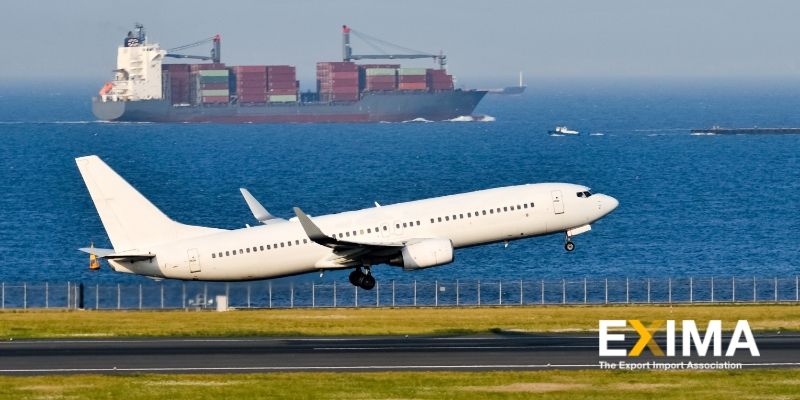In January 2021, air cargo volumes were 1.1% higher compared to January 2019 levels. However, according to the International Air Transport Association (IATA), freight capacity has been dropping 5% every month since April 2020 because passenger airlines were pulling back on flight activity in response to COVID-19 outbreaks and travel restrictions. So what is the forecast for the rest of 2021?
According to IATA’s monthly market report, the available cargo capacity in January 2021 was 19.5% less than in 2019. The limited capacity is putting pressure on shippers, while logistics companies are experiencing reservation delays and paying a fortune to guarantee space on passenger or all-cargo carriers because of the heavy flow of cross-border trade.
Supply chain bottlenecks across most transport modes, especially sea freight, strongly indicate that demand for air freight will grow for the rest of the year. In fact, many shippers have already shifted from the sea to air to move goods, especially those shipping critical or fast selling products, because of extreme shipping delays caused by port congestion and overwhelmed vessel operators.
Additional signs that demand is not decreasing are the thrive of e-Commerce (+ 28% globally), increasing exports of personal protective equipment from Asia to Europe and the US, and, of course, the increasing deliveries of COVID-19 vaccines, with air cargo carriers playing a key role in transporting doses around the world.

Performance varies by trade lane, and the disparity in supply and demand has led to market volatility and record-high rates. Cargo rates are, in fact, more than double the pre-pandemic levels in major trade lanes, and in February 2021, yields for air carriers were 79% higher when compared to February 2019.
However, the outlook for the airline industry as a whole seems to be grim. Passenger demand in January was 72% below 2019 and down 2.3 points from December 2020. IATA also recently downgraded its outlook for the year because of the worsening situation, saying it expects the industry to have negative cash flow throughout the year after previously estimating airlines would break even in the fourth quarter. Actual losses will depend on to what extent governments loosen travel restrictions once more people are fully vaccinated.
While improving cargo business may not be enough to stop industry losses, it is still a vital lifeline of cash for most airlines. According to IATA’s Director General Alexandre de Juniac, “if air cargo was not doing as well, the industry as a whole would be in even deeper trouble.”
Keep Up with EXIMA
At EXIMA, we are equipped with a network of experts that can answer all your questions about international trade. We have everything a trade stakeholder needs to get started. If you are interested, make sure to check out our site!









